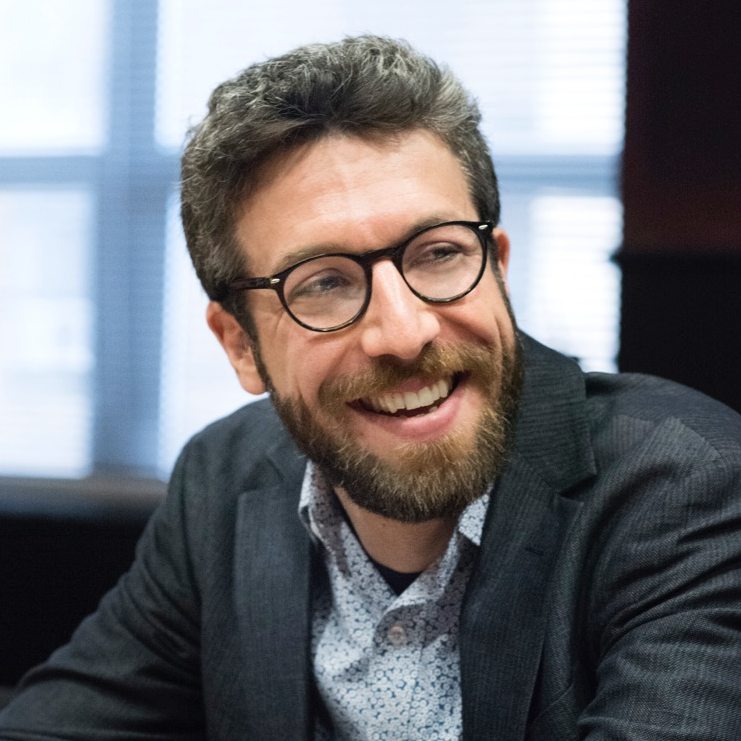
Project Title: Legal Literacy and Imagined Law in Republican China
What happens when citizens’ legitimate expectations of the law get ahead of the ability of legal institutions to deliver on the promise of new legislation or legal innovations? This project uncovers vernacular conceptions of the law at a time of legal creativity and uncertainty in China. Over the course of the first half of the twentieth century, multiple states competed for the loyalty of ordinary people. Popular ideas about role of the law circulated across a fragmented political landscape. Republican China began in 1912 with a new constitution, new citizen rights, and new legal codes, but the country soon split under different regimes. The Guomindang heartland, warlord territories, former concessions, and the Soviets each promised inhabitants a measure of justice. Legal literacy meant navigating an uneven legal system. Exploring visions for the law exposes citizens’ frustrations, and may shed light on the eventual appeal of communism. Legal literacy is more than the sum of the state’s efforts to promote its laws. Rather than focus only on didactic legal education, this study identifies acts of imagination. Ordinary people deployed legal language outside the courtroom. Reading legal records alongside cultural and political artifacts: plays, short stories, handbooks on family discipline, public signage, cadre manuals, extrajudicial contracts, and advice columns this research describes the legal consciousness of the less-than-literate and the circulation of new vocabularies of adjudication and legal ideas. Today, when China’s government subverts rights to the interests of the party, this portrait of the vernacular law in Republican China will remind the world of the forgotten origins of Chinese legal dreams.
Biography:
Johanna S. Ransmeier is a social and legal historian of modern China. Her current research investigates the expansion of legal literacy and the development of a Chinese legal imagination. She also studies the surprising ways crime and the law intersect with family life. Her first book Sold People: Traffickers and Family Life in North China (Harvard University Press, 2017) exposed the transactional foundations of traditional family structures and the role of human trafficking in late Qing and Republican China. She earned her doctorate from Yale University and is a graduate of Amherst College. She is fellow in the National Committee on US China Relations-Public Intellectuals Program (cohort V) and was recently visiting research fellow at the Institute of Modern History at Academia Sinica in Taiwan. Her research has been funded by the Fulbright Association, the Mellon Foundation, the American Council of Learned Societies (ACLS), Fonds de Recherche du Québec (FQRSC), and the Social Sciences and Humanities Research Council of Canada (SSHRC). Ransmeier received the Quantrell Award for Excellence in Undergraduate Teaching in 2022. She is associate professor of history at the University of Chicago where she also co-chairs the faculty board of the Pozen Family Center for Human Rights.

Project Title: Tilted Waters: The World the Suez Canal Made
Tilted Waters: The World the Suez Canal Made is the first book-length study of the Suez Canal to be written in English in half a century. Reframing the history of the waterway as a history of global capitalism, the book examines the Canal’s many and changing roles in the production of global inequalities over the past two centuries. When French surveyors conducted the first feasibility study through the isthmus of Suez in 1799, they concluded that the Red Sea was thirty feet higher than the Mediterranean. Their error was later corrected, but this simple miscalculation foretold something fundamental about how the Canal would reshape the world. Since well before it opened in 1869, the waterway has had the effect of tilting the spaces it connected, causing wealth and power to flow far more easily in some directions than in others. Existing studies focus on the channel’s status as a manufactured shortcut. But from the beginning, it was always more than that. To offer just a few examples: Thanks to the terms of the Suez Canal Company’s concession with Egypt, this colossal infrastructure became a durable apparatus for converting taxes into corporate profits. Because the Canal was too narrow for large ships under sail, it became a bellows for the coal-burning fires of steamships. And because, in the 1950s, Suez was the main conduit for Iranian oil denominated in pounds sterling, the Canal became the lynchpin of British imperial monetary policy. Using source materials in Arabic, English, French and Urdu, the project draws on extensive archival research in England, Egypt, France, Pakistan, and the United States to tell a series of stories about the Canal’s place in the making of the world we now inhabit.
Biography:
Aaron G. Jakes is an Assistant Professor in the Department of History and the Committee on Environment, Geography, and Urbanization. His work deals broadly with the histories of the modern Middle East and South Asia, the historical geography of capitalism, global environmental history, and histories of colonialism and imperialism. A graduate of New York University’s Joint PhD Program in History and Middle Eastern and Islamic Studies, he taught for seven years at the New School in New York City before joining the University of Chicago in the summer of 2022. His first book, Egypt’s Occupation: Colonial Economism and the Crises of Capitalism was published by Stanford University Press in 2020 and received honorable mention for the Middle East Studies Association’s Roger Owen Book Prize. His other publications have appeared in Antipode, Arab Studies Journal, Comparative Studies of Society and History, Critical Historical Studies, and the International Journal of Middle Eastern Studies.
